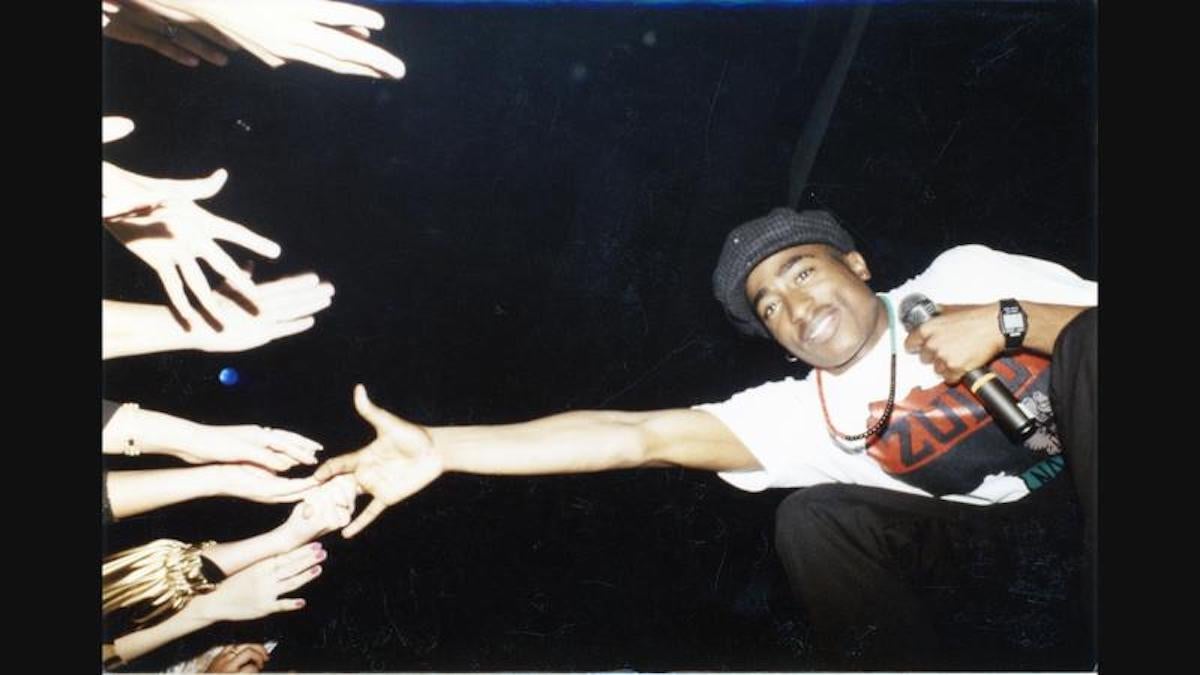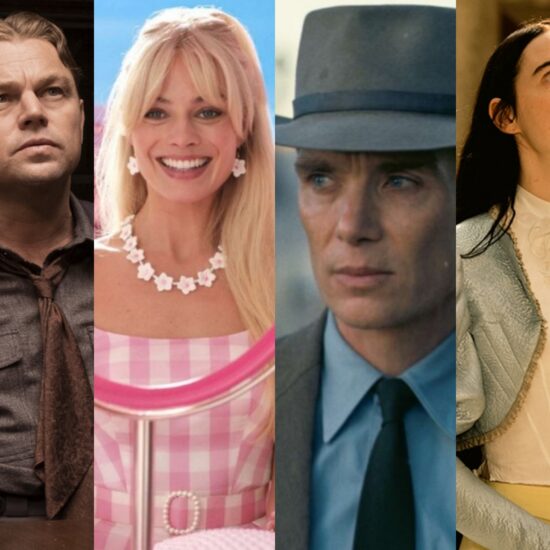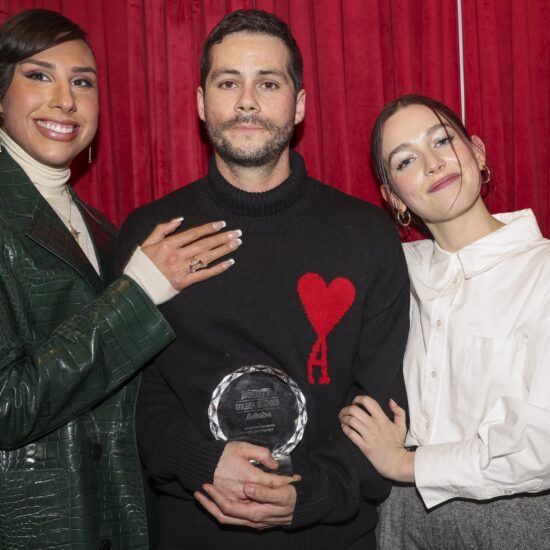
As “Dear Mama” director Allen Hughes set out to celebrate the legacy of hip hop legend Tupac Shakur in FX’s new docuseries, Hughes resolved to “demystify” Tupac’s fatal shooting that has become a legend of its own for many.
“The number one thing I said was, ‘we can’t have made this movie, and these young people walk away and think that this is sexy, dying like this’,” Hughes told TheWrap. “It’s ugly, it’s brutal, not just what happened to him, but how it affects his family and friends and loved ones.”
Tupac’s death on Sept 13, 1996 from wounds sustained in a drive-by shooting 6 days earlier, has been the subject of conspiracy theories, including alleged connections to the murder of the Notorious B.I.G. 6 months later.
“When something is that larger than life, like Camelot, JFK, no one can believe that,” Hughes continued. “It’s just little Lee Harvey Oswald hanging out the window that shot you. I tried to demystify, and bring it down to earth and make sure that we were responsible and not glorifying any of the tropes and traps of gangster rap bulls–t.”
The FX series, which premiered April 21 on Hulu, explores the interconnected narratives of Shakur and his mother Afeni, whose involvement in the Black Panthers shaped the themes of racial justice and inequality that often appeared in his lyrics.
The first episode of the five-part series closes with an account of the rapper’s firsthand experience with police brutality, a traumatic instance of racial injustice that close friends say changed him.
Hughes points out the “eerie” resemblance to Trayvon Martin’s fatal 2012 shooting, noting that Tupac and Afeni’s story reminds viewers of the “never-ending” struggle and fight for justice.
“His legacy lives on because it’s in the music — that eternal struggle for social justice and human rights, women’s rights,” Hughes said, adding that Roe v. Wade was stripped from communities who thought its existence was guaranteed. “If you take your eye off the prize, you don’t have nothing — You have to be vigilant to maintain what you seemingly have.”
TheWrap sat down with Hughes ahead of the docuseries launch to discuss weaving together the intergenerational stories and the series’ striking opening.
TheWrap: How did you go about building a relationship with Tupac and Afeni’s family and friends? Were they hesitant about any parts of the series that you wanted to delve into?
Allen Hughes: You just got to sit down with as many people as well who are willing to sit down from the family, the friends, the Black Panther veterans from Afeni’s past. There were people that were reluctant sometimes at first, and maybe what my intentions were, but as the word started to spread, each interview would last an average of two, three [or] four hours, sometimes, more people would unlock and hear that they had a really good experience and a meaningful experience with the production and with me, and so a lot a lot of people started emerging that initially didn’t agree to do interviews as well.
You open the series with the incident of police intervention when Tupac first played “Dear Mama” for the first time. Why did you choose to open this series with this moment?
it’s the moment everyone in his life and hip hop journalists say that he became mythical when he shot the two off duty police officers trying to protect a Black man [from] being assaulted by them, and he not knowing that they were officers — they were plain clothed — and then that night, when everyone got back to the hotel room, everyone’s petrified about going to jail, and the cops are knocking on the door, and all he wants to do is play this new demo of a song. And it’s “Dear Mama.” I had never heard that story, and it’s shocking that no one had ever heard that story.
You got to make a promise to the audience, I believe, in the first five minutes. What is this thing, why is this thing and how we’re gonna go about telling the story, and you got to deliver on that promise. That particular opening shows how, and I mean this in a meaningful and profound way, how absurd their lives were that this was the thing he was focused on. It actually does connect to the shooting, because you realize that he was trained as for moments like these.
While Tupac explores his activist roots from his mother, Afeni also goes through her own journey of activism, motherhood and addiction that runs parallel to her son. How did you go about telling their journeys side-by-side?
It’s two different generations, two different timelines and trying to blend them together is always a difficult task. But once you start honing it in and figuring out the central themes, it became a simpler equation when you go “hey, whatever story we’re telling on the Tupac side, or the Afeni side, jow does it relate to the other person?’ It all has to interconnect somehow. We have to see that we experienced the whole narrative through the prism of their relationship and what they meant to each other, so a lot of stuff started falling by the wayside, and that made it a lot more simpler [of] a task.
This interview has been edited for length and clarity.
“Dear Mama” is now streaming on Hulu.















